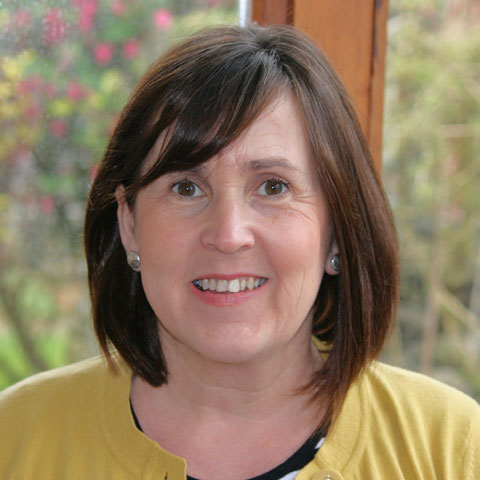Pilot study examines a new role for the Children’s Guardian

Involving children’s guardians in vulnerable families may avoid the need for care proceedings according to a pilot study from Lancaster University and the University of Bradford.
Stage One of the pilot identified a number of benefits in regard to the Children’s Guardian becoming involved in pre-proceedings.
Applications to take children into care are at record levels, with 10,199 new applications recorded during the last year by the Children and Family Court Advisory and Support Service (Cafcass).
In addition, the family courts report extensive delays for children, with case duration now hitting 60 weeks in many cases.
The pilot study, listed in the Family Justice Review and Government response to that review, examined whether earlier involvement of the Children’s Guardian might ensure more cases are prevented from going to court, or where cases go to court, that they are resolved more quickly.
The national evaluation was led by Dr Karen Broadhurst, working with Paula Doherty from Lancaster University’s Department of Applied Social Science, and Kim Holt and Dr Nancy Kelly from Bradford University.
Researchers are following care proceedings in a sample of 27 cases and 30 comparator cases. Stage One has identified positive impacts in regard to the engagement of parents in a number of cases, with some cases now successfully diverted from court. In other cases, discussions between the local authority and the guardian may have narrowed the issues which will come before the court if care proceedings are issued.
The research team found that the Guardian’s independence of the local authority was seen as particularly advantageous in terms of enabling parents to engage with concerns for children.
One lawyer for parents involved in a case said: “...the Guardian can put it in layman's terms - make it easier to understand - the parent will listen and open the parents' eyes. At this point the parents are very vulnerable, but if the Guardian can advocate for the child and get the parent to listen ... that's good .. the Guardian can be the voice of calm when the parents are very upset with the local authority. “
Dr Broadhurst said: “The courts are dealing with a huge number of cases and it’s better if the Guardian can divert cases and reduce that volume of applications. In cases where diversion plans unfortunately fail, we found that the Children’s Guardians were very positive about being involved earlier as this enabled them to provide a stronger steer for the courts, reducing the likelihood of time wasting, duplicate assessments.”
The Parliamentary Under-Secretary of State for Children and Young Families Tim Loughton said: “I’m a big supporter of pre-proceeding meetings to iron out potential problems and make the court process more efficient. Cafcass is currently running a pilot in Coventry and Warwickshire to test new ways of strengthening pre-proceedings work by councils, and I will be studying the results of this pilot closely.”
The report from the pilot project will go to the Ministry of Justice and the project will now be extended to Liverpool.